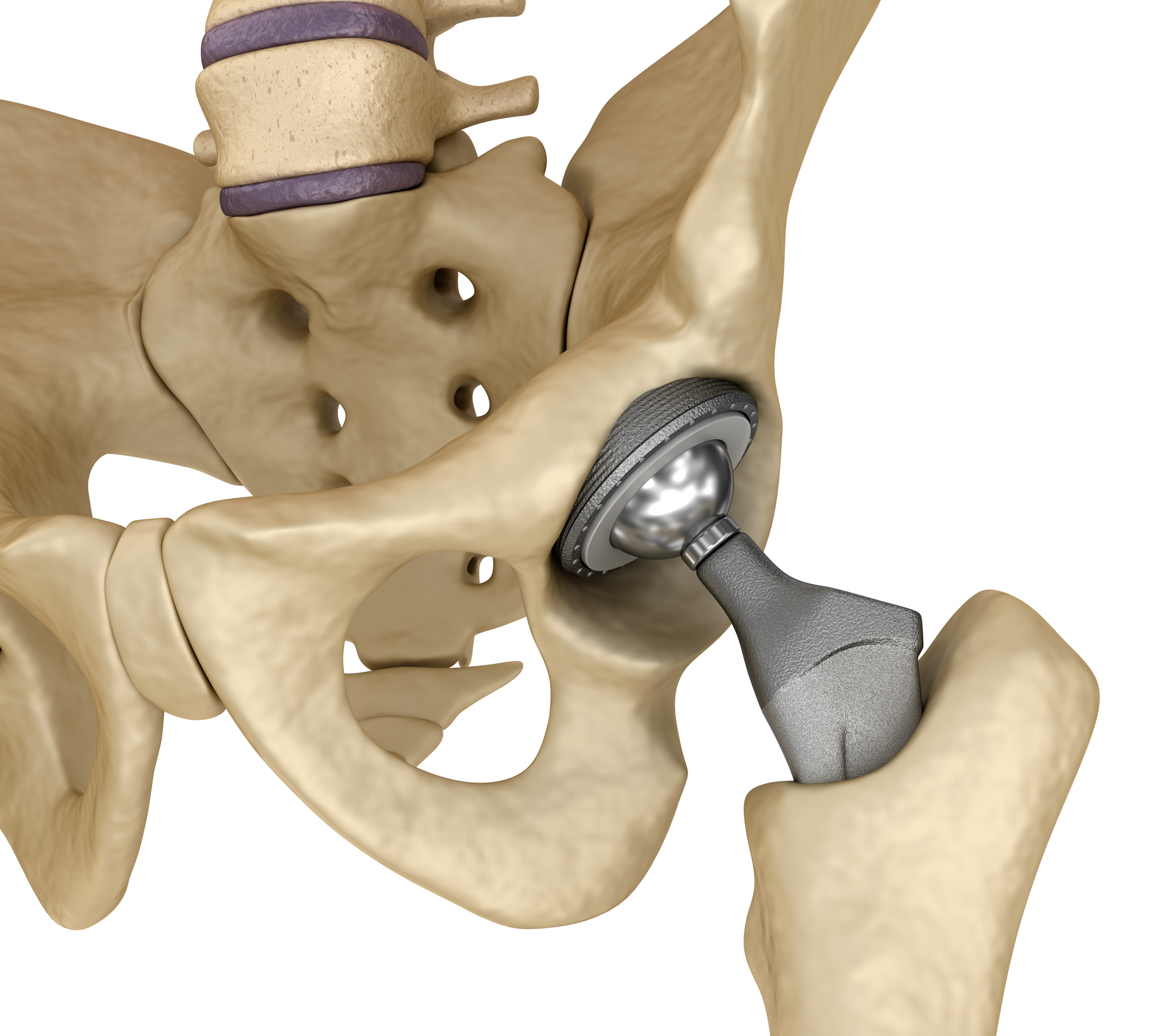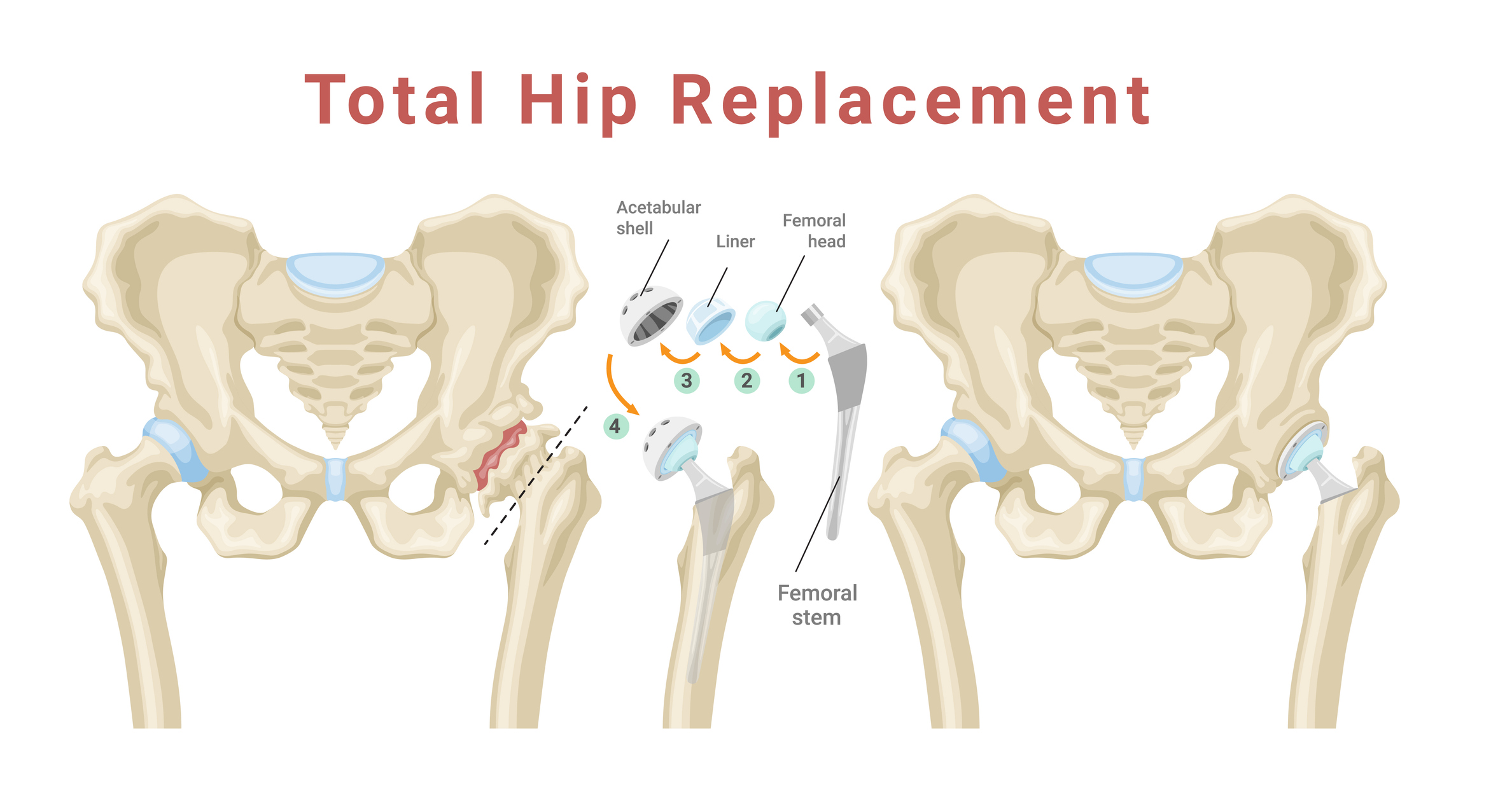Hip Replacement Revision Surgery
Hip Replacement Revision Surgery is performed to replace or repair a failed hip replacement. It is a more complex procedure than the initial hip replacement and involves extensive planning and specialized tools. The goal of the revision surgery is to relieve pain, improve function, and extend the life of the hip replacement.

Who Needs Hip Revision Surgery?
Most hip replacements last 15 to 20 years, especially in elderly patients. However, younger patients or those with high activity levels may need revisions sooner. Reasons for revision include implant wear and tear, infection, dislocation, or fracture.
Symptoms Indicating the Need for Revision Surgery
- Persistent pain in the hip joint
- Instability or dislocation of the hip
- Signs of infection, such as fever and swelling
- Decreased function or mobility
- X-ray or imaging showing loosening or wear of the implant

Conditions Where Elbow Arthroscopy Is Needed
Preparing for Elbow Arthroscopy Surgery
Preparing for Surgery
Medical Evaluation
- A complete physical examination is required to ensure the patient is healthy enough for surgery.
- Patients with chronic conditions may need evaluation by specialists.
Tests
- Imaging tests like X-rays, CT scans, and MRIs to assess the condition of the hip.
- Blood tests to check for infection or metal sensitivity.
- Hip aspiration may be done to analyze joint fluid for infection.
Home Planning
- Arrange for help at home for tasks like cooking, shopping, and bathing.
- Plan for a possible stay in a nursing facility or rehabilitation center post-surgery.
Surgical Procedure
Anesthesia
- General anesthesia or spinal/epidural anesthesia may be used.
- The type of anesthesia is determined by the medical team and patient preference.
Procedure
- The surgery takes several hours.
- The doctor will remove the original implant and assess bone and soft tissue damage.
- New, specialized revision implants are inserted.
- Bone grafts or metal augments may be used to address bone loss.
Recovery
In the Hospital
- Hospital stay is typically several days.
- Pain management with medications.
- Physical therapy to restore strength and mobility.
- Blood clot prevention with compression devices and blood thinners.
At Home
- Continue with prescribed exercises and physical therapy.
- Follow wound care instructions and monitor for signs of infection.
- Take prescribed medications as directed.
Long-Term Outcomes
- Most patients experience relief from pain and improved function.
- Complete pain relief and restoration of function are not always achievable.
- Regular follow-ups with the doctor are essential to monitor the condition of the hip replacement.
Frequently Asked Questions
Q: What is the difference between revision hip replacement and primary hip replacement?
A: Revision hip replacement is more complex, involves replacing failed implants, and may require bone grafts or specialized implants.
Q: How long does it take to recover from hip revision surgery?
A: Recovery can take several months, with physical therapy and regular follow-ups.
Q: Are there any long-term restrictions after hip revision surgery?
A: Most patients return to regular activities, but specific guidelines are provided by the surgeon.
Q: Can complications arise from hip revision surgery?
A: Complications can include infection, dislocation, and blood clots, but they are generally treatable.
Q: Is hip revision surgery painful?
A: There will be some discomfort, but pain management strategies will be provided to minimize it.
Q: How successful are hip replacement revisions?
A: The majority of patients experience favorable outcomes, but success depends on individual conditions and adherence to post-surgery care.
Doctors That Offer Hip Replacement Revision Surgery
Hear What Our Patients Have to Say


Had my right hip replaced by Dr Jeffrey, and couldn't be happier with the job he did and the treatment I received. Been a few years and went in for a yearly checkup and everything is great! Great doctor and office staff!

My two partial knee replacements changed my life. I feel very respected and cared for at this practice. Everyone is very professional and explains things very conscientiously.

Dr. Acker is a very good listener and very [accommodating] to my requests. Very understand[ing] and puts my mind at ease for my upcoming knee replacement.

Dr. Kyle Bohm is a miracle worker. He repaired nerves, a ligament and tendon in my fingers after a dog bite. He stitched me up so nicely and made my hand look like a hand again.


